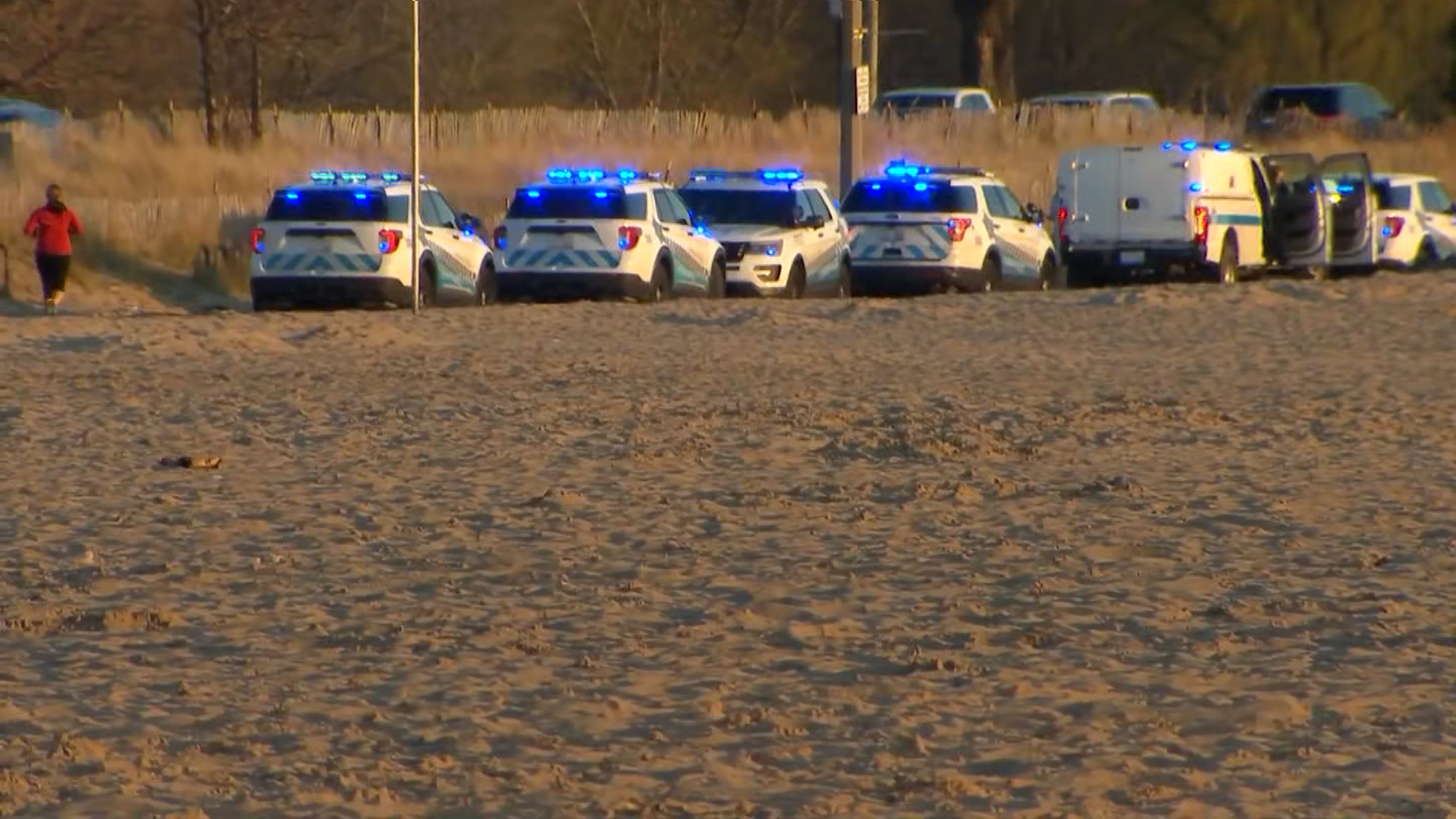Quarantine times for unvaccinated and vaccinated people who contract COVID-19 are the same, according to Chicago's top doctor, but how long do the symptoms last?
Patients who test positive for COVID are required to quarantine for 10 days from the onset of symptoms or a positive test result, Chicago Department of Public Health Commissioner Dr. Allison Arwady said Thursday.
In most cases, she said, symptoms of the virus are resolved within 10 days, especially for those who have received the coronavirus vaccine.
"If you're still having symptoms and you haven't seen a lot of improvement within the 10 days, you're not done isolating at that point," Arwady said. "If you're still pretty sick after 10 days, you definitely need to be seeing a doctor because you might be being taken to the hospital. This could be a little more severe."
Feeling out of the loop? We'll catch you up on the Chicago news you need to know. Sign up for the weekly Chicago Catch-Up newsletter here.
Infections in unvaccinated people may be severe and accompanied by typical COVID symptoms such as fever, fatigue, headache, cough, shortness of breath and even low oxygen levels in the blood, according to the University of Iowa Health Care.
Virus levels can be as high in breakthrough cases as in unvaccinated people, even if vaccinated people don’t get nearly as sick. The higher levels also persist for longer than was seen with previous strains, meaning an infected person is likely contagious for longer, researchers revealed.
According to Yale Medicine, research shows people with breakthrough delta cases carry tremendous amounts of virus in their nose and throat, and may be contagious whether or not they have symptoms.
Local
“Mild symptoms like congestion and runny nose are much more common in a vaccinated person with a delta infection, whereas unvaccinated persons are more likely to experience severe symptoms," Dr. Claudia Corwin, an occupational medicine specialist with the University of Iowa Health Care, said. “A lot of vaccinated people don’t even realize that they have a COVID infection because they presume it’s seasonal allergies or a common cold.”
But is there any way to tell the difference?
"“I wouldn’t even try,” said Dr. Ulysses Wu, of Hartford HealthCare’s System in Connecticut. “If you are experiencing any symptoms, whether you are vaccinated or not vaccinated, the suggestion would be to test.”
Health officials assert no vaccine is 100% effective in warding off an infection, but insist the COVID-19 vaccine is successful in preventing severe disease, hospitalization and death.



